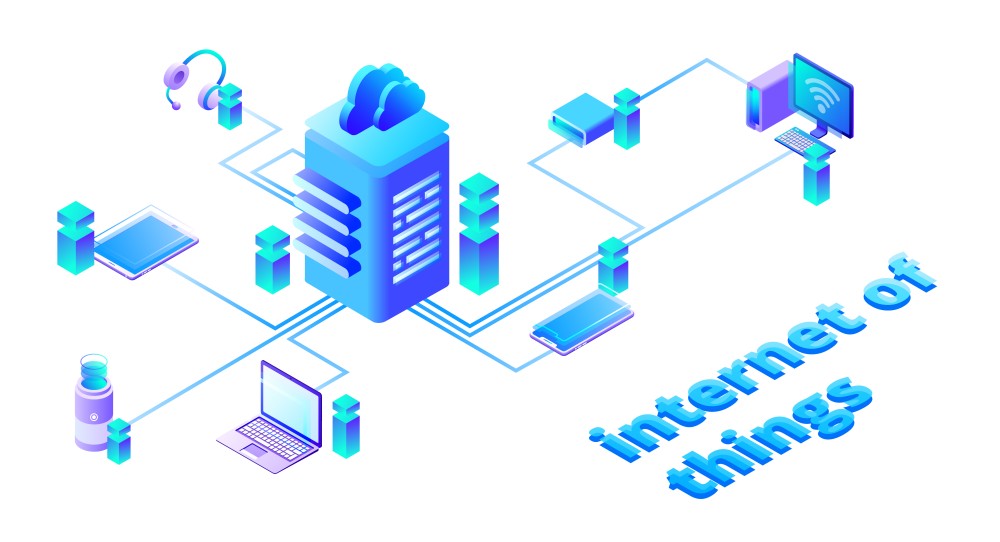The manufacturing industry can be influenced by modern technologies. Today, the Internet of Things has increasing control over manufacturing, reshaping both production and business management processes, and creating smart factories. And the fact is that IoT is one of the core driving forces behind Industry 4.0 (aka the Fourth Industrial Revolution). In this article, we will see the role of IoT solutions in smart manufacturing and clear up how connected devices can help manufacturers reduce production risks.
What is Smart Manufacturing?
Manufacturing is the production of a range of products using human labor and machines. In recent years, the industry has been executing various digital technologies that are progressively reducing human intervention in production processes. Smart manufacturing increases production, prevent downtime and provides real analytics for businesses.
IoT in Smart Manufacturing
3 years ago, the Internet of Things reached the enterprise level and is now at the very heart of industrial digital transformation. IoT for smart manufacturing has created the new Industrial Internet of Things (IIoT).
In general, the implementation of IoT for smart manufacturing is one of the main goals for varied enterprises. A survey conducted in Germany by PwC reveals this:
- 91% of businesses are investing in IoT and smart manufacturing.
- 6% want their factories to be fully digitized.
- 75% invested in digital factories to get better customer preferences.
- 50% expect ROI from digitization in five years.
Companies expect a complete 12% efficiency gains over five years.
The Effect of IoT in Manufacturing
Advanced analysis: The integration of IoT devices and software enables useful analytics to foresee failures and optimize for improvement. Sensor monitor networks and integral devices, measure performance indexes, assess operation features, alert users about malfunctions, and react to abnormal events.
Virtual Equipment Management:Automation allows employees to fix performance issues via virtual networks. Streamlining the management and monitoring of products can be done without being physically present. Also, virtual equipment monitoring allows them to be aware of the device’s location.
Inventory Level Monitoring: In maintenance, and operations environments, IoT devices keep track of distributed inventory and fluid levels and production rates. Also, regular monitoring enables performance-efficient recognition of issues that affect product quality.
Benefits of IoT for Manufacturers
Cost-Effective: The expenses which existin manufacturing industries are energybills, material cost, and losses due to downtime. Process automation is the feature of IoT and results in a considerable reduction of operational costs.
Improved Decision Making: Withthe useof IoT, managers are provided with precise insights and are hence continuously aware of the performance, which results in faster and better decision-making.
High Customer Satisfaction: Connected IoT devices will put an end to human error and prevent the commercial distribution of defective products, which crucially improves customer satisfaction.
Connect Your Business with IoT
The potential for smart manufacturing is boundless. Business leaders should realize the capability of digital transformation, while at the same time considering IoT manufacturing risks.
Sterison can be your partner in creating your IoT solution. We offer the best IoT software development services, cloud IoT platforms, and more. Contact us for more information. Leverage the power of IoT with us.






